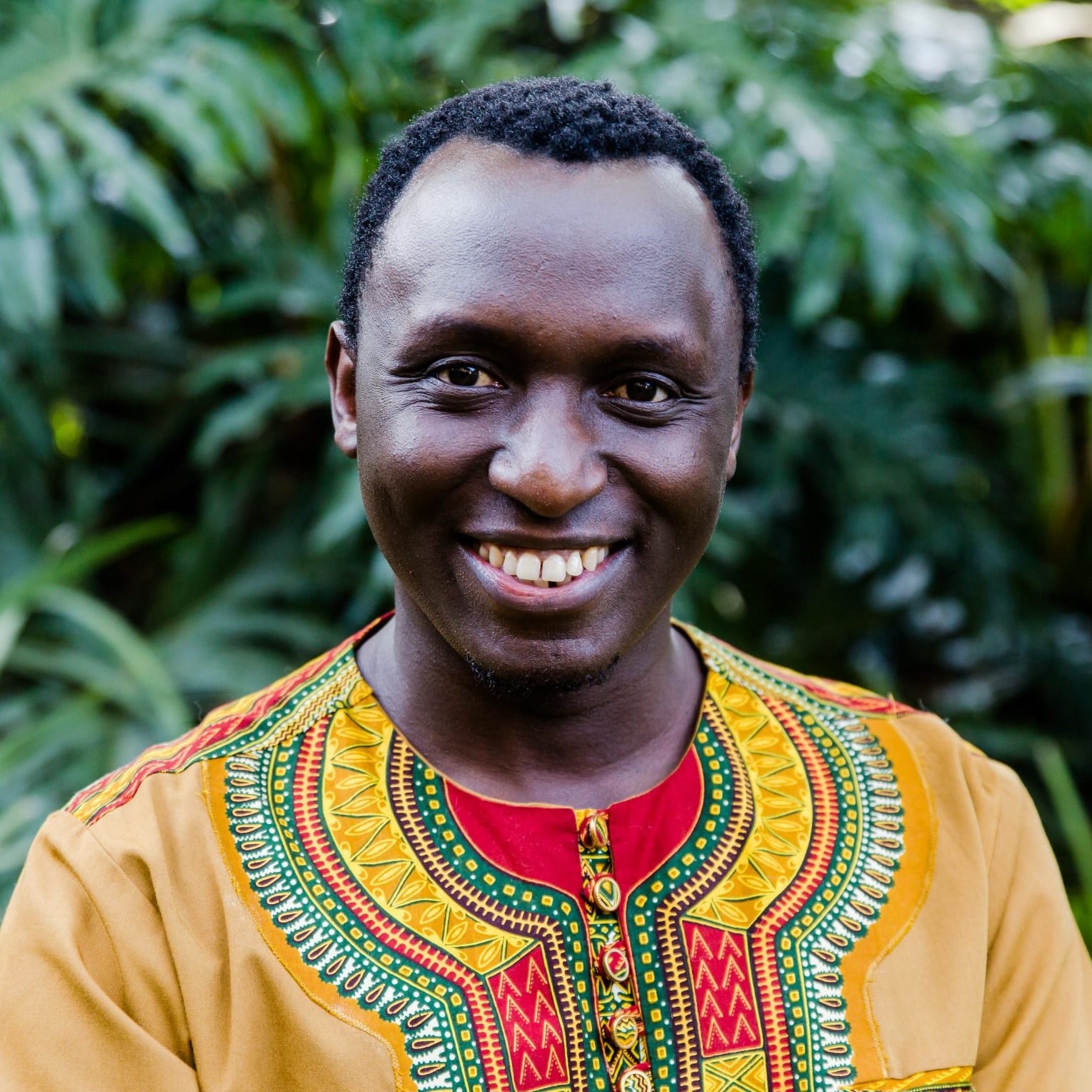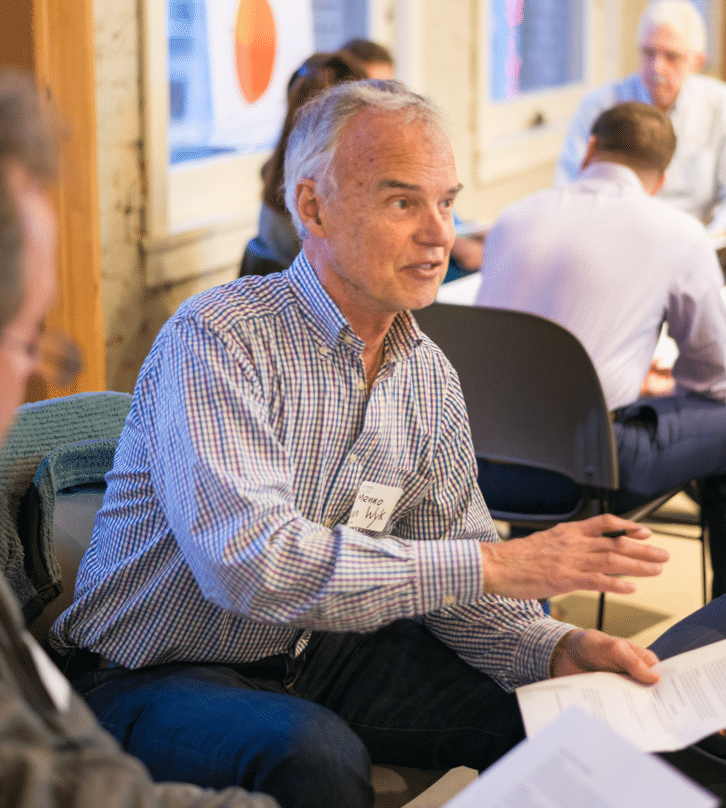This month, from April 7, the world commemorates the 30th anniversary of the Genocide against Tutsis in Rwanda. Next month, Grow Further will host a special event in Seattle featuring a survivor of that terrible event. For those of us old enough to remember the genocide, the mass killings that shook Rwanda in the summer of 1994 remain seared in our consciousness. Rwanda has since risen from the ashes to become one of the most stable countries in sub-Saharan Africa, one now struggling to feed its rising population. Dr. Cedric Habiyaremye, our guest speaker for the May event, will share with us his incredible story, a tale of will and determination that propelled him to escape the worst horrors and deliver hope for his country.
100 days of hell
On April 6, 1994, a plane carrying the presidents of Rwanda and Burundi was shot down by unknown assailants as it approached for landing at the airport in Kigali. Everyone on board was killed. Rwanda’s assassinated president was of the majority Hutu ethnic group. His supporters accused militants of the Tutsi minority group of carrying out the attack. The very next day, Hutu extremists and armed militias unleashed their plan to eliminate their perceived enemies, the Tutsi. Aided by the police and military, the genocide began.
For 100 days the killing continued, and the world stood by and did nothing.
United Nations peacekeepers were present, but they were under strict orders to not engage the killers unless for self-defense. For weeks, the UN Security Council dithered and debated but took no action. The slaughter only stopped when a Tutsi-led rebel army based in neighboring Uganda invaded from the north, marching through the nation to eventually take the capital of Kigali, expelling most of the genocidal conspirators. The mass killing ended in mid-July. Rwanda’s present-day government puts the death toll at over 1 million. The UN estimates somewhere from 500,000 to 800,000 were killed. Millions of refugees escaped to neighboring countries.
A survivor’s journey
Dr. Cedric Habiyaremye was among those who fled the violence and lived to tell the tale.
Habiyaremye lost some relatives to the killings, but he and other surviving family members fled their homes to take refuge in Tanzania. Dr. Habiyaremye spent much of his childhood at a refugee camp. His family survived off aid from the UN, but the food assistance was sporadic and insufficient. He and his family regularly experienced hunger and food insecurity first-hand during those years spent as refugees.
In 1997, Dr. Habiyaremye’s family returned to Rwanda. Shortly afterward, his father and uncle were killed. Suffering two great tragedies would prove too much for any child, but thanks to the strong guidance of his mother and his indomitable spirit, Habiyaremye kept his head high and pressed forward with his life, pursuing education as a path toward a better life. Through concerted efforts, hard work, and an unyielding determination, Dr. Habiyaremye went on to earn his Ph.D. in crop science from Washington State University. Having suffered food insecurity himself while sheltering in that Tanzanian refugee camp, Habiyaremye set out on a mission to improve food security for his native Rwanda and beyond.
A food security champion shares his story
Among his career accomplishments as a crop scientist, Dr. Habiyaremye introduced quinoa to his native land. This potential superfood is now rising in popularity in Rwanda and much of the world, resulting in better food security and nutritional outcomes wherever it’s harvested. Cedric Habiyaremye has now made a name for himself as a sustainability expert, prominent agricultural scientist, and rising entrepreneur. We’re excited to have him share his story and expertise with us.
Please join us in Seattle on May 14 to hear Dr. Cedric Habiyaremye’s talk with Grow Further’s founder and CEO, Peter Kelly. The special event “From Refugee to Global Visionary: An Evening with Dr. Cedric Habiyaremye” will be held at Town Hall Seattle from 6:30 pm Pacific time. It will be an evening to remember.
— Grow Further
Photo credit: Dr. Cedric Habiyaremye




